Members of Congress on both sides of the aisle are talking about changing a key law that ensures every American is able to speak online.
Bipartisan consensus is a rare thing in politics these days. Unfortunately, they’re wrong.
The law, 47 U.S.C. Section 230, states: “No provider or user of an interactive computer service shall be treated as the publisher or speaker of any information provided by another information content provider.”
Lawmakers who passed the law in 1996 knew that promoting everyone’s unprecedented ability to communicate on blogs, social media, and educational and cultural platforms like Wikipedia and the Internet Archive required giving legal protections to the services that host our speech.
Section 230 codifies this basic principle: When harmful speech occurs online, the speaker should be held responsible — not the service that hosts the speech. The internet lets people everywhere connect, share ideas, and advocate for change without needing immense resources or technical expertise, and for more than 25 years, Section 230 has protected us all: small blogs and websites, big platforms, and individual users. Importantly, Section 230’s protections are limited. An online service can still be held responsible for violating federal criminal laws, and the law does not protect services when they create harmful or illegal content.
The free and open internet as we know it simply couldn’t exist without Section 230. The sheer volume of users’ speech makes it impossible for platforms to review content prior to distributing it. When Section 230 was passed, about 40 million people used the internet worldwide; now it’s an estimated 5.3 billion, with the vast majority using social media.
Section 230 also lets web operators large and small moderate user speech and content as they see fit. Different approaches to moderating users’ speech let users find the places online that they like and avoid places they don’t. Removing Section 230’s protection would open those platforms to enormous, endless liability, which would surely lead to enormous, endless censorship. The internet would revert back to a broadcast model, with every company erring on the side of removing any controversial speech for fear of being sued out of existence. That would fundamentally alter the democratic nature of online speech.
The current desire to roll back Section 230 comes amid a political push to crack down somehow on big tech, particularly to protect children from online harms; hence the flood of deeply flawed bills like the Kids Online Safety Act (KOSA). The Senate Judiciary Committee made a big show last week of grilling five top tech CEOs.
It’s the Washington, D.C., zeitgeist, but it’s particularly distressing to see reports that all the viable candidates to succeed Rep. Anna Eshoo, D-Palo Alto — in the heart of Silicon Valley — are in lockstep as well.
Lawmakers and candidates are losing the forest for the trees, promoting scattered proposals addressing whichever perceived harm is causing the loudest public anxiety in any given moment. These proposals do not carefully consider the likely unintended consequences — everyone’s speech online — or even whether their actions will reduce the harms they target.
Related Articles
Big Santana Row office building in San Jose may soon be half-leased
Tech CEO calls for Tesla boycott over self-driving capabilities in Super Bowl ad campaign
Growing tech company officially buys Fry’s Electronics San Jose site
Opinion: Why California forecasters can’t predict winter weather
Letters: Wasteful recall | Place to grow | Ending landlines
If lawmakers truly want to protect children online, they should enact comprehensive privacy legislation that protects everyone by preventing the collection, use, disclosure, and retention of data beyond what is strictly necessary, among other things. This would end the system in which online actors collect as much of our behavioral information as possible, and then sell it to ad tech companies and the data brokers that service them.
By limiting how data is collected and used, well-written privacy laws limit the kinds of harmful advertising practices that fuel much of the worry about children’s physical, mental and emotional health. Issues like substance abuse, eating disorders and depression are complex, and there isn’t clear agreement on their causes or solution. But there is clear agreement that people don’t want advertisers to bombard themselves or their families with manipulative ads.
Gutting the law that promotes free speech online won’t protect children, but instead will harm everyone’s ability to use the internet to speak and organize.
Aaron Mackey is free speech and transparency litigation director at the Electronic Frontier Foundation, a digital civil liberties nonprofit based in San Francisco.
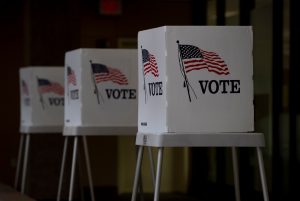


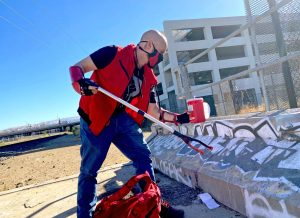
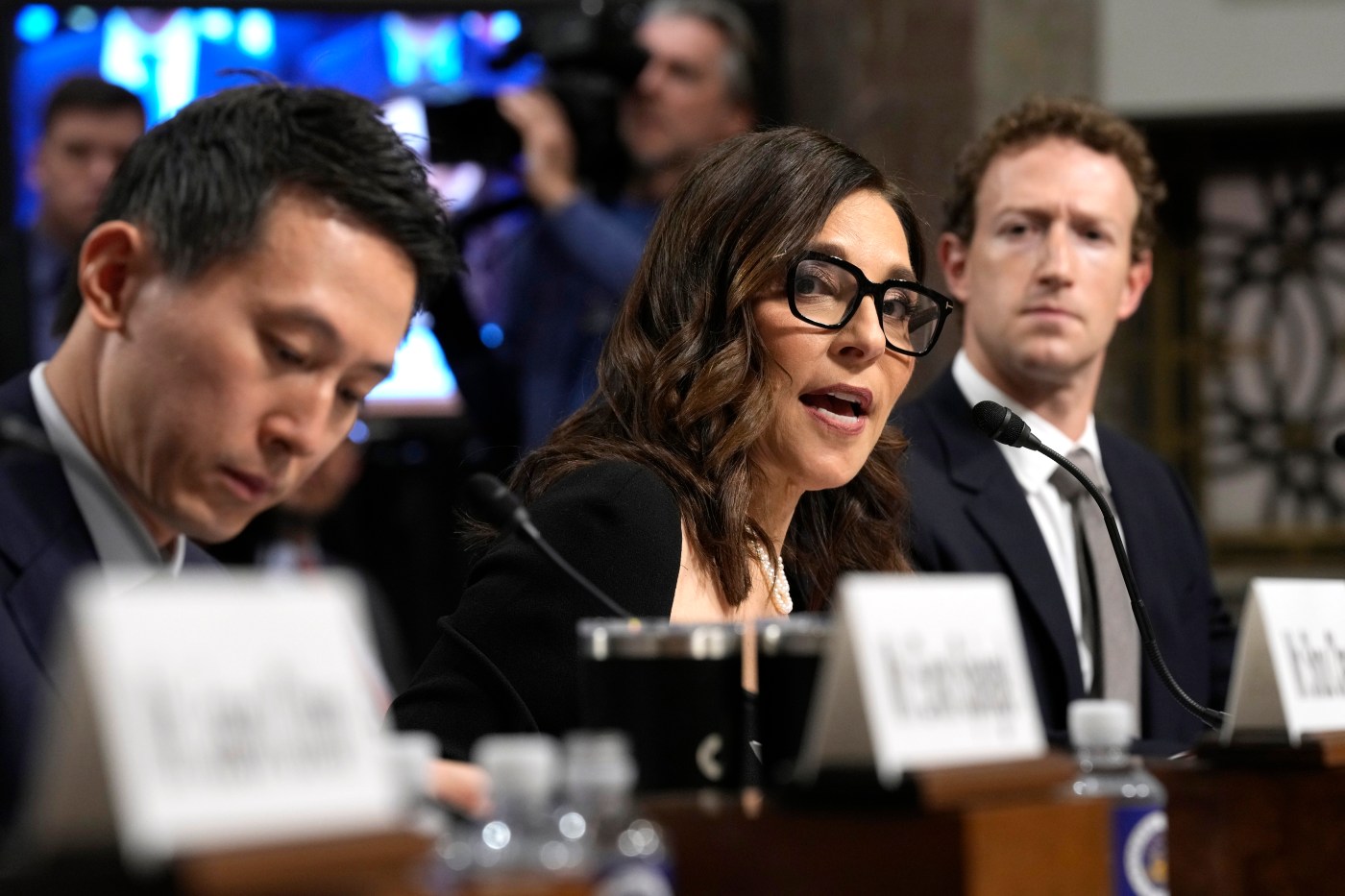
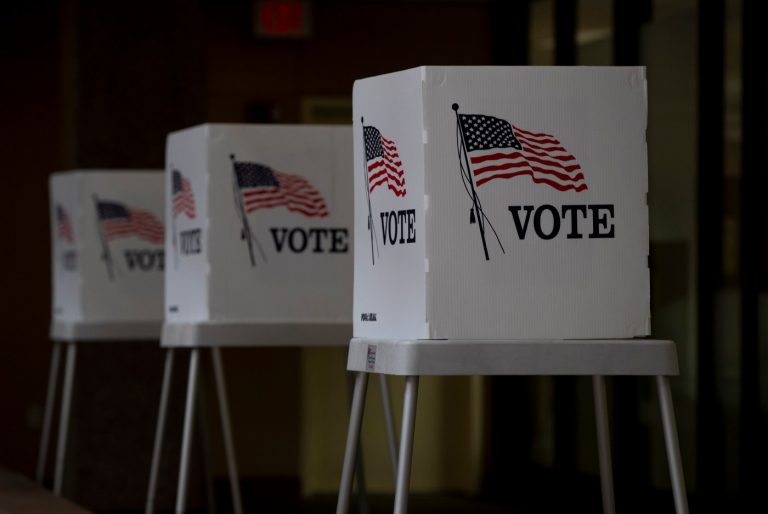

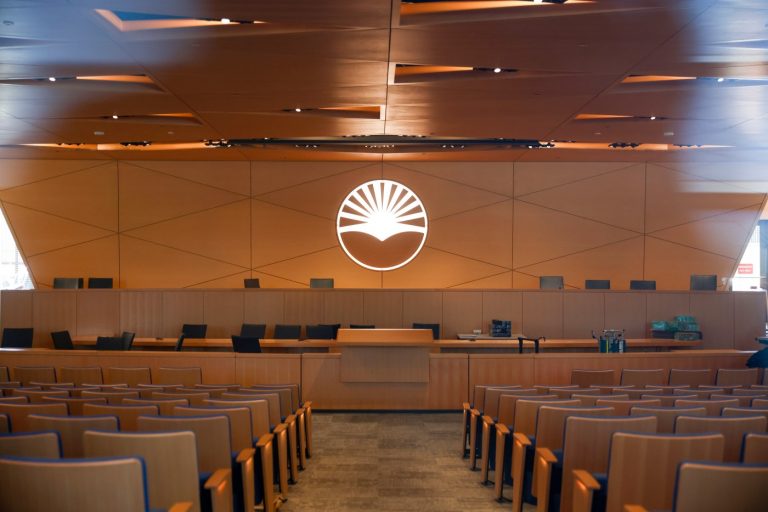
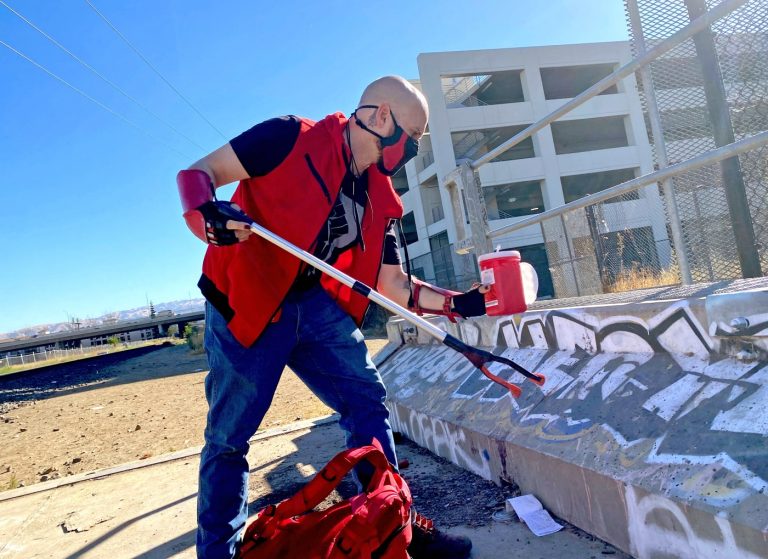

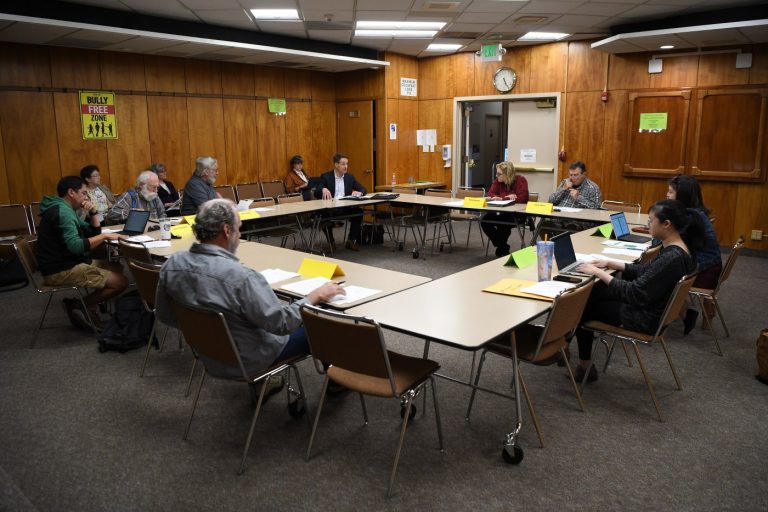
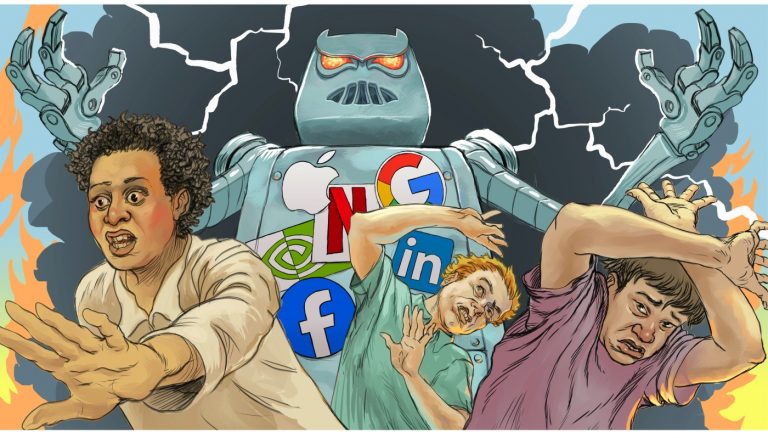

+ There are no comments
Add yours